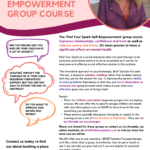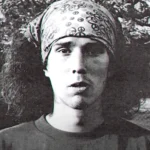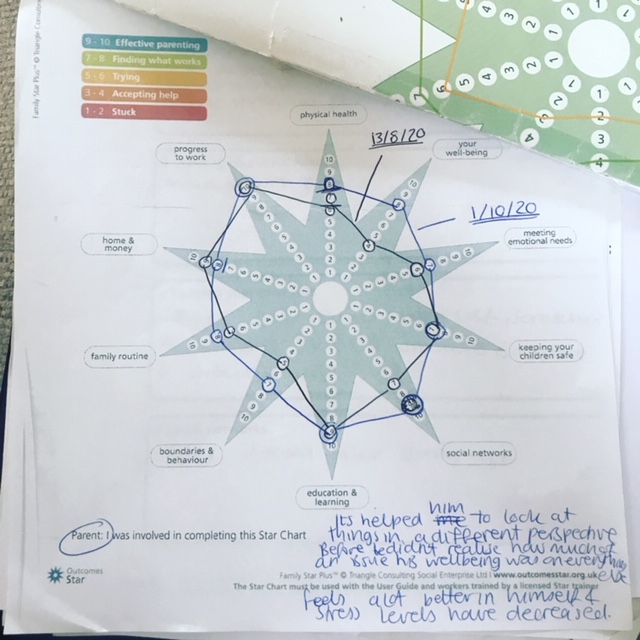
Might poetry be one answer to the current mental health crisis? Especially feelings of loneliness? Poetry lets us connect with other people who have experienced similar sentiments. We’re not alone in our despair or delight. When we have a poem by our side, whether tucked into a bag or on a bedside table, it feels like we’re being accompanied by a friend: an authorial arm is wrapped around our shoulders.
Which is why I have written my new book about how poetry can become an unexpected part of your mental health toolkit: ‘You’ll Never Walk Alone: Poems for Life’s Ups and Downs.’
Take George Herbert’s poem ‘Love (111)’. The narrator in the poem encapsulates his own sense of desperation: he feels ‘guilty of dust and sin’, which described how I felt when I was unwell. And by describing the pain in an artistically perfect way, Herbert draws its sting. The perfection of his words allowed me to inhabit that feeling, rather than resisting or fearing it.
To take another example: Derek Walcott’s poem ‘Love After Love’. A woman read the poem at a poetry workshop I was running at my local hospital under the auspices of a mental health charity. As her trickle of tears became a torrent, we were spellbound as we waited for her to regain her composure. Here is the poem’s opening verse:
‘The time will come
when, with elation
you will greet yourself arriving
at your own door, in your own mirror
and each will smile at the other’s welcome’
The poem encapsulated her journey of self-acceptance. ‘I feel understood,’ she said eventually, and we in turn all understood what she meant. She had, in Walcott’s words, struggled to ‘love again the stranger who was yourself ’. The poet’s compassionate invitation which ends the poem to: ‘Sit. Feast on your life’ was the invitation she needed, in language that spoke to her, to imagine loving herself in a way she had found so hard
In my work as a mental health advocate and ambassador for several mental charities including SANE and Rethink mental illness, it’s become more and more clear to me that there are not enough therapists to go round. Yet the need for psychological support is ever increasing with the cost of living crisis and the aftermath of Covid leaving many feeling desperate.
As Dr Carla Croft, a Consultant Clinical Psychologist at Barts Health NHS, says: “There is now too much mental health need for us to be keeping our heads strictly in the ‘one therapist in a room with one client model”. Dr Croft agrees that poetry is something that people can start turning to themselves, no appointment needed, and can be a fresh approach to those in psychological distress.
For many, the pandemic exacerbated feelings of not belonging, as did the lack of access to mental health resources. More happily, however, it also led to pockets of poetry sharing, whether online, in doctor’s surgeries, or in poetry workshops like the Healing Words ones I myself have been running for the past six years.
There’s plenty of data that poetry can help our wellbeing. To take just one recent example, a 2021 study published by the American Academy of Pediatrics found that a group of 44 hospitalised children who were encouraged to read and write poetry saw reductions in fear, sadness, anger, worry and fatigue (5). Poetry was a welcome distraction from stress and an opportunity for self-reflection, the researchers concluded.
- Delamerced A, Panicker C, Monteiro K, Chung EY. Effects of a Poetry Intervention on Emotional Wellbeing in Hospitalized Paediatric Patients. Hospital Pediatrics 2021; 11(3): 263-69. DOI: https://doi.org/10.1542/hpeds.2020-002535.
Just possibly, turning to poetry might prove the most effective mental health tool you’ve never tried. Worth a go, when so many of us feel we’re walking alone.
Rachel Kelly’s new book You’ll Never Walk Alone: Poems for Life’s Ups and Downs is published by Yellow Kite.




